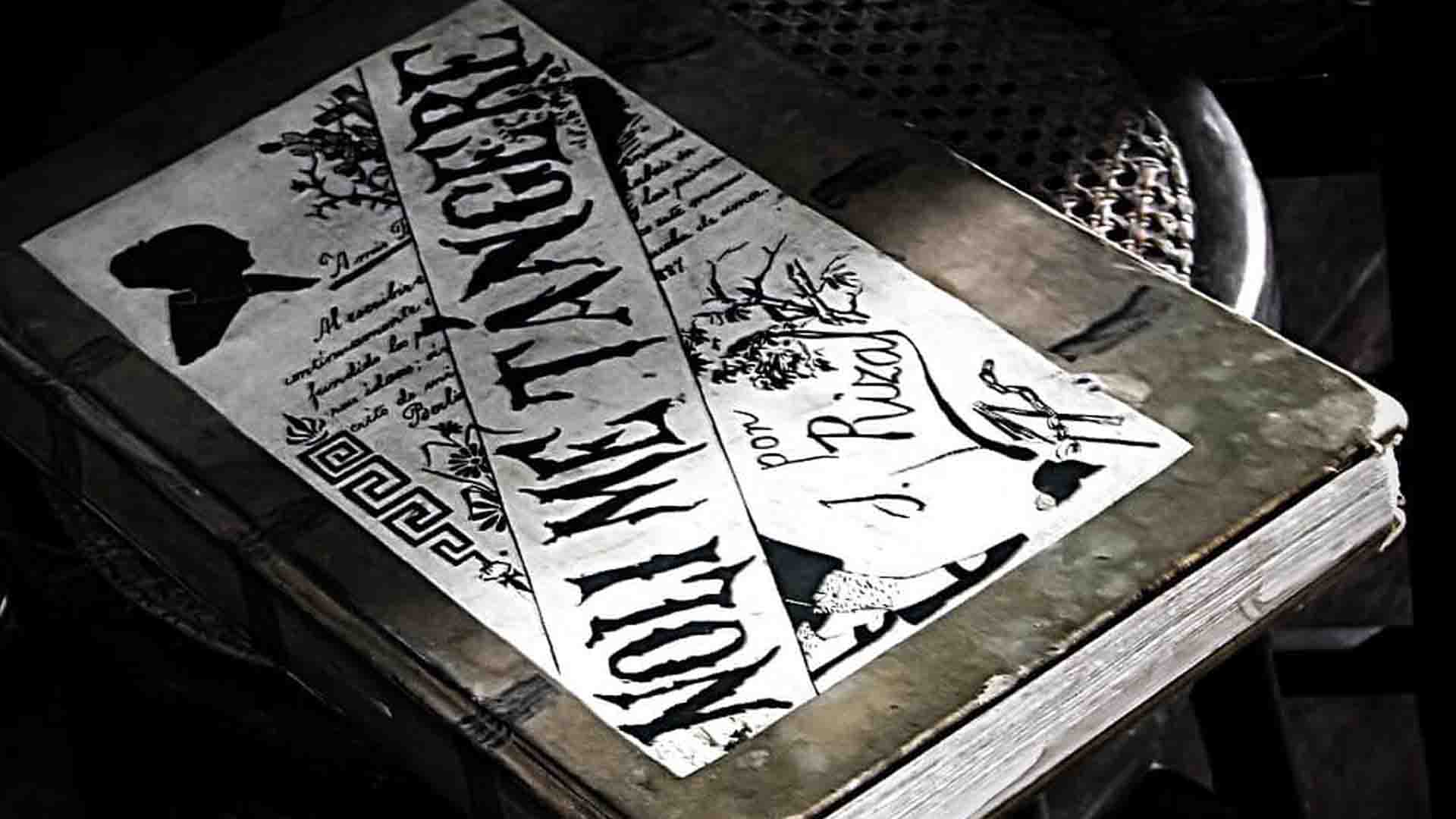242 total views
Homily for 22 July 2022, Feast of Mary Magdalene, Apostle to the Apostles, John 20: 1-2; 11-18
Today is the feast day of Mary Magdalene, that young female disciple who stuck it out with Jesus up to the very end, and who has earned the singular honor of being called the “Apostle to the Apostles”. I imagine she must have been only in her early 20s when she found her sense of meaning and purpose in life, after Jesus facilitated her healing and deliverance from possession by evil spirits.
St Luke described Mary Magdalene at the start of Chapter 8 of his Gospel as “the woman from whom Jesus had expelled seven demons”. People have mistakenly associated her with the prostitute who anointed Jesus, earlier in chapter 7. That little mistake had soiled the reputation of Mary Magdalene for many centuries thereafter.
In the movie THE CHOSEN, when Jesus came to exorcise her, he recited a line from Isaiah 43:1 like a mantra, and the words reverberate in the mind of this woman as she is struggling to be freed from her state of disorientation. The words become like a soothing message that calms her down, removes her fears and makes her come out of her shell: “Isaiah 43:1 But now, thus says the LORD, who created you, Jacob, and formed you, Israel; fear not, for I have redeemed you; I HAVE CALLED YOU BY YOUR NAME, YOU ARE MINE.”
In today’s Gospel, she finds herself in the dark again, this time in search of the body of Jesus that was missing from the tomb. What brings her to recognize the risen Jesus is the voice of this man, who, she thought, was the gardener. It was when she heard her name called out by Jesus: MARY! that she responded and cried out, RABBONI, meaning MY TEACHER!
Jose Rizal has immortalized that encounter in his novel “Noli Me Tangere” —Latin words that are often translated as TOUCH ME NOT. He made the mistake of attributing the line to the Gospel of Luke, when it is actually from the Gospel of John, 20:17, part of our reading today. Rizal mentioned it in his letter to his friend, Felix Resurreccion Hidalgo—the letter that accompanied a copy of the Noli, his newly printed book, which he sent Hidalgo on March 5, 1887. He said, “The book contains, then, things that nobody in our country has spoken of until present. They are so delicate that they cannot be touched by anyone… I have described the social condition, the life there (in our country), our beliefs, our hopes, our desires, our complaints, our sorrows.”
Actually, the better translation should be”STOP HOLDING ON TO ME.” They were the words of Jesus to Mary Magdalene presumably after she grabbed Jesus desperately in her joy that her teacher was not dead but alive. But Jesus was teaching her to let go of him, just as he would have to teach the rest of his disciples to allow him to go, so that he could ascend to the Father and send them his gift of the Holy Spirit, who will empower them to participate in his life and mission as members of his body, the Church.
I sometimes wonder if Rizal had not patterned the character of Sisa after Mary Magdalene, grieving while desperately looking for her missing children Crispin and Basilio. Towards the end of his letter to Hidalgo, perhaps to underscore the seeming madness or absurdity of the situation of his country, he said, “…I have laughed, because no one would want to cry with me over the misery of our native land, and laughter is always good to conceal our sorrows.”
I wonder if he had not imagined himself in the position of Jesus, about to depart to return to his Father. I wonder if this novel was not his way of teaching his own followers to let go of him, if they truly wanted to see his dream of a free country realized at last.
Mary Magdalene is called the APOSTLE TO THE APOSTLES because she became the first witness to the Resurrected Christ. And so her message was, I HAVE SEEN THE LORD! It marks an important transition for all of them, the shift from discipleship to apostleship, which is founded on witnessing to the Risen Christ. True Christian discipleship begins only when WE TOO ALSO GET TO SEE who Jesus really is: the Son of God, the Savior and Lord, who has also called us by name and claimed us as his own.


















